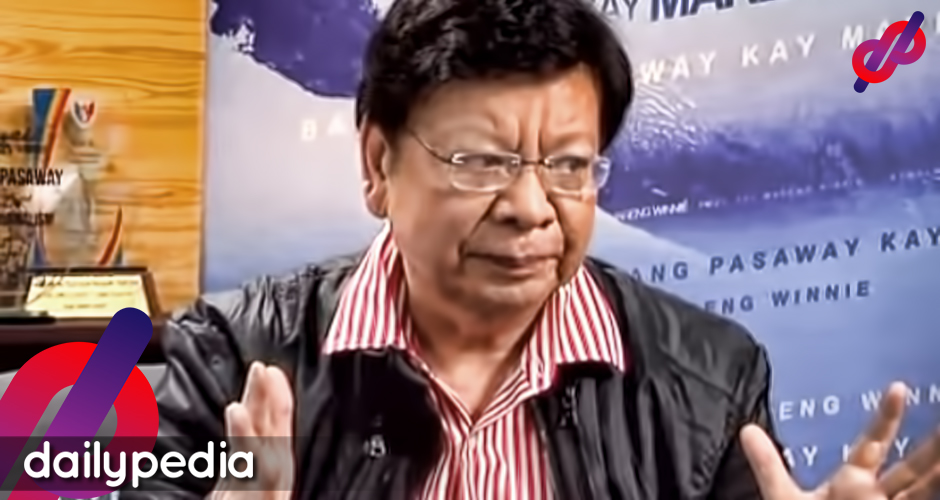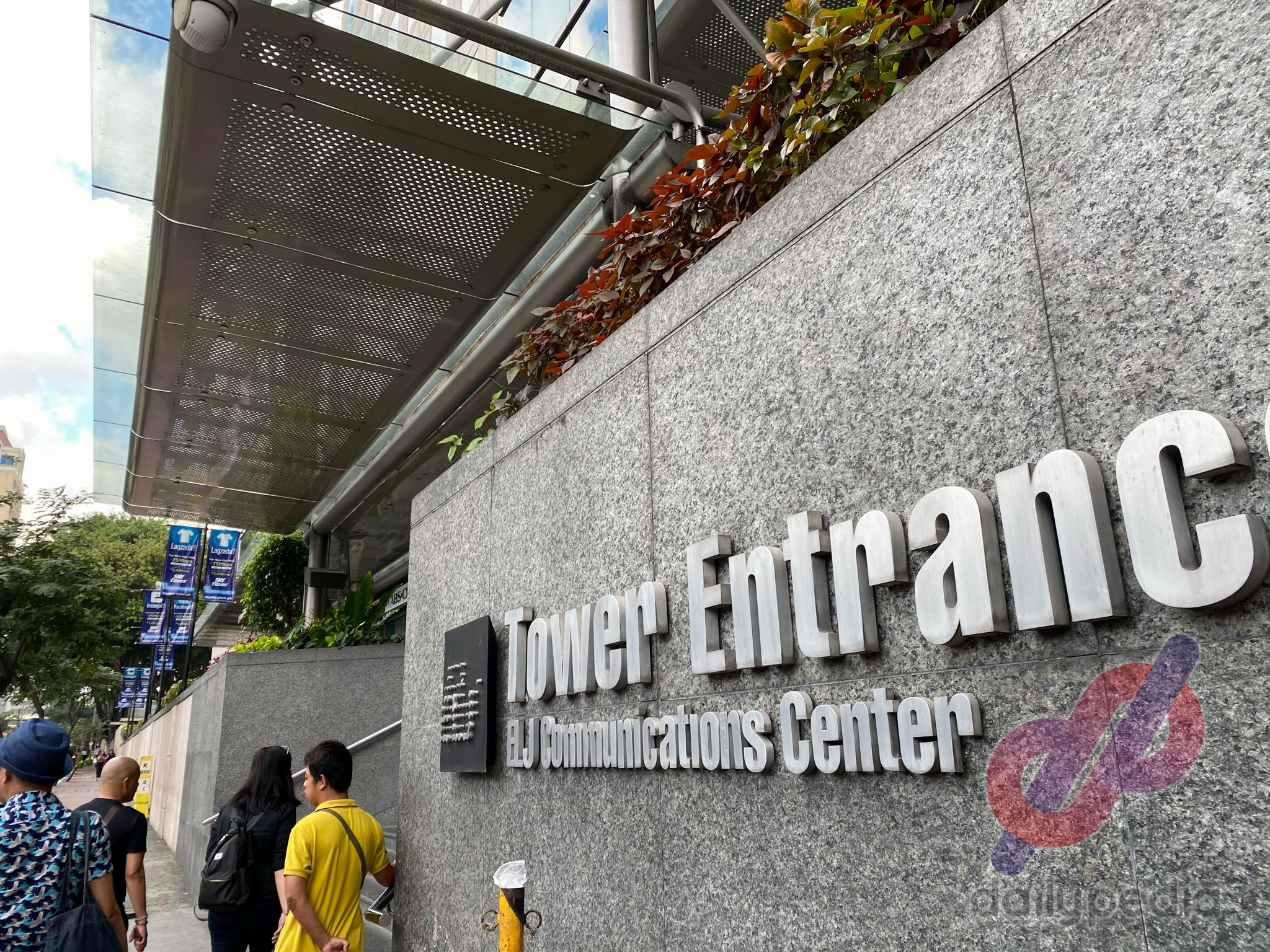Rep. Rodante Marcoleta had people laughing when he alluded that ABS-CBN is being too advanced when it comes to technology during a hearing on the network’s franchise renewal.

“Alam po ninyo, Mr. [Carlo] Katigbak (ABS-CBN President and CEO), talaga pong ang technology ay mabilis lumago. Kung minsan po ang ating pamahalaan ay hindi nakakahabol. ‘Wag naman po natin masyadong bilisan. Komo ang technology nandyan, ‘o sige wala pa namang nga rules, unahan natin.’ ‘Wag po ganun,” Marcoleta said.
Agot Isidro made fun of Marcoleta being old school.
Naiwan yata sa Morse code si Mr. Marcoleta. #jurassic https://t.co/38GRSDEsJH
— Agot Isidro (@agot_isidro) June 29, 2020
Many agreed with Karen Davila when she tweeted that the Filipino people deserve better.
Makaluma na po ang analog. Digital era na po tayo. The Filipino deserve better. And that’s digital. #ABSCBNFranchiseRenewal
— Karen Davila (@iamkarendavila) June 29, 2020
WTF. Smart-shaming!!! #IbalikAngABSCBN https://t.co/O9T2YJEr9e
— Pia Magalona ⁷ (@piamagalona) June 29, 2020
John Lapus thought that Marcoleta was spewing out nonsense.
https://twitter.com/KorekKaJohn/status/1277569188815499265?s=20
The Philippine government once praised ABS-CBN for keeping up with “rapidly evolving technologies” in a 2017 document about the country’s shift to digital TV technology.
The framework of the DTTB (Digital Terrestrial Television Broadcasting) Migration Plan which seeks to transition from analog to digital transmission by 2023 considered ABS-CBN as “the largest multimedia network in the country.”
DTTB will make it possible for “enhanced TV picture and sound quality” while giving broadcasters the choice of “broader” programs and services for viewers.
The government chose the Japanese standard for digital technology due to its lower cost and its emergency warning system.
“In the face of changing governments, despite natural disasters, and amid rapidly evolving technologies, ABS-CBN remains steadfast in its commitment to serve the Filipino,” the 2017 document stated.

“The organization is continuously evolving to provide better service through radio, free TV, digital terrestrial TV, cable TV, film, movie, music, publishing, online, events, licensed products, cash remittance, and various advocacies,” it added.
However, TV operators such as the Federation of International Cable TV and Telecommunications Association of the Philippines (FICTAP) accused ABS-CBN’s TV Plus of “killing” the cable TV industry.
FICTAP president Estrellita Juliano-Tamano said that ABS-CBN violated the “one franchise, one channel” rule which was one of the terms of its previous franchise.
ABS-CBN responded saying that digital transmission allows the “broadcast of multiple SDTV (standard definition TV) programs and/or in high definition TV” using an assigned 6 MHz TV bandwidth.
It is also stated in the migration plan that the use of “cost-efficient” digital technology, broadcast companies can develop “new revenue streams” by offering “more programs and services and better-quality content.”
Interestingly, a 2014 NTC circular “encouraged” broadcasters to create new programs, including those in HD format, “in addition to the analog legacy program.”
“Talagang ini-encourage namin if you have this 6 MHz bandwidth,” said engineer George Tardio, a Department of Information and Communications Technology (DICT) official who was in charge of the digital migration plan under former Secretary Rodolfo Salalima.
Tardio said that it is expected for cable TV operators to complain about such products but added that the DICT was “not remiss in our consultations and collaboration” with groups such as FICTAP.
ABS-CBN was able to sell around 9 million TVplus units last year.


